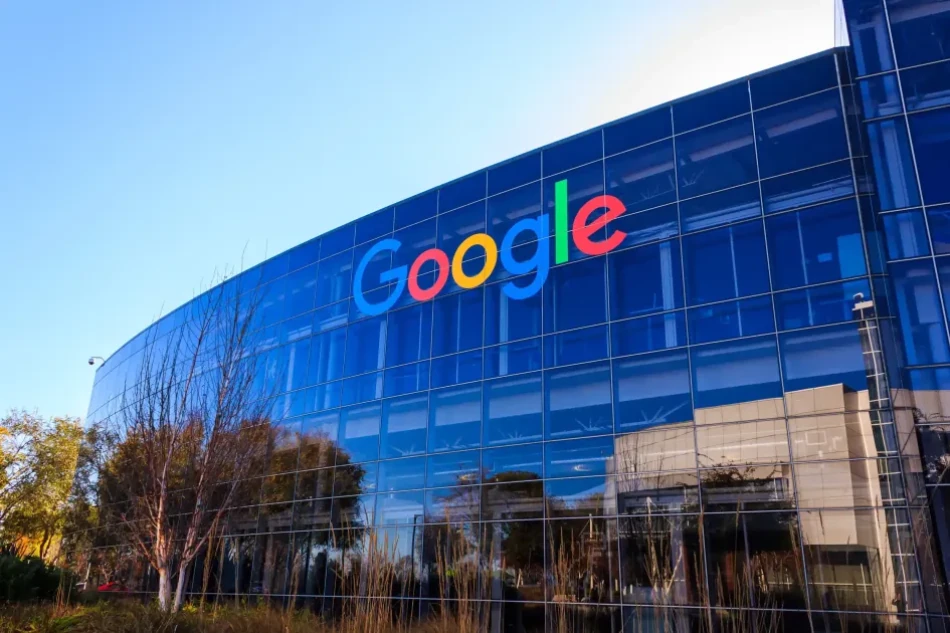
Antitrust Lawsuit: Bobsweep Takes on Tech Giant Google for Alleged Monopolistic Practices
Google Faces Second Major Antitrust Lawsuit as Ad-Tech Monopoly Challenges Mount
Digital advertising platform PubMatic has filed a multi-billion dollar lawsuit against Google, alleging illegal monopolization of the ad-tech market. The case represents a growing wave of private litigation following a federal court's landmark ruling that Google unlawfully dominates critical advertising infrastructure, potentially reshaping how digital advertising operates globally.
The Legal Momentum Against Google's Ad Empire
Filed Monday in a Virginia federal court, PubMatic's lawsuit marks the second major challenge from an advertising exchange platform against Google's market dominance. The timing is strategic, coming months after a federal judge ruled in April that Google illegally monopolized two essential markets: ad exchanges and ad server tools that manage advertising space sales on websites.
That April ruling, which sided with the Department of Justice and multiple U.S. states, established crucial legal precedent. The same judge has scheduled hearings this month to determine whether Google should be forced to sell parts of its advertising business—a remedy that could fundamentally restructure the digital advertising ecosystem.
Why This Case Matters Beyond Legal Precedent
PubMatic CEO Rajiv Goel's comments reveal the broader frustration among competitors who claim Google's dominance stifles innovation regardless of technical capabilities. "For years, we felt that no matter how much we innovated or developed our technologies, there were barriers weakening us," Goel stated, emphasizing that these obstacles stemmed from Google's alleged monopolistic practices rather than competitive shortcomings.
The Billion-Dollar Stakes in Digital Advertising
The lawsuit seeks damages estimated in the billions, reflecting the massive scale of the digital advertising market. Google's advertising technology processes hundreds of billions of dollars in transactions annually, making even small market share shifts worth enormous sums to competitors and publishers.
This case differs from typical antitrust enforcement because it combines regulatory pressure with private litigation seeking monetary damages. While government cases focus on structural remedies, private lawsuits like PubMatic's could force Google to pay substantial compensation for past alleged monopolistic behavior.
Global Implications for Ad-Tech Regulation
The Virginia case occurs amid worldwide scrutiny of Google's advertising practices. The European Union has imposed significant fines on Google for various antitrust violations, while the UK's Competition and Markets Authority has investigated similar concerns about ad-tech market concentration.
Success in U.S. courts could embolden regulators and competitors globally, potentially triggering a cascade of similar challenges. For digital publishers and advertisers, these cases represent hope for more competitive pricing and innovation in advertising technology.
Market Disruption on the Horizon
If courts ultimately force Google to divest advertising assets, the reshuffling could create opportunities for companies like PubMatic to capture larger market shares. However, the complexity of Google's integrated advertising ecosystem means any breakup would require careful orchestration to avoid disrupting the broader digital economy.
For investors and industry participants, these legal developments signal a potential transformation in how digital advertising operates. Companies heavily dependent on Google's advertising infrastructure may need to diversify their technology partnerships, while competitors could see new growth opportunities emerge from a more fragmented market landscape.
Most Viewed News

 Omar Rahman
Omar Rahman






